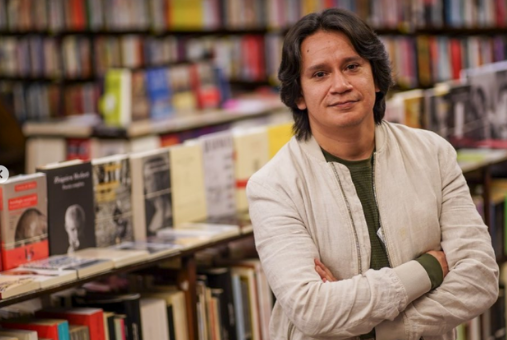
Peruvian journalist Christopher Acosta received a two-year suspended prison sentence in a trial for aggravated defamation and crimes against honor. The plaintiff is businessman and former presidential candidate César Acuña, on whom Acosta bases his journalistic investigation in the book "Plata como cancha."
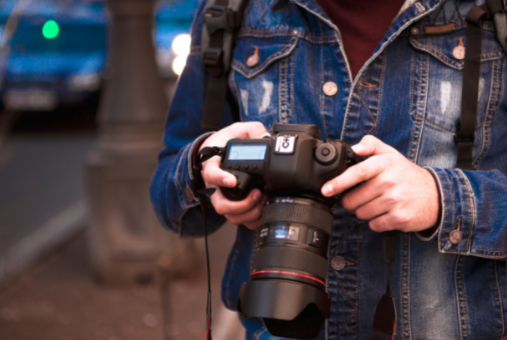
Journalists in the Peruvian capital faced a record number of 105 cases of assault while carrying out their work, especially during the months of presidential election campaigns that were infused with a high social, political and media polarization.

A physical assault on reporters covering President Jair Bolsonaro’s visit to the state of Bahia has renewed accusations that the leader’s own words and actions, as well as those of his family and supporters, have fostered a hostile environment for the press. On Dec. 12, his security team and supporters attacked reporters from TV Bahia who […]
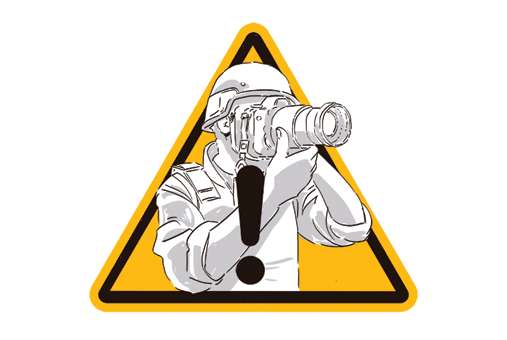
The spike of public protests that sometimes turned violent has not been met with enough preparation by Latin American journalists who find themselves in the midst of confrontations, experts say.
The following reports are part of a LatAm Journalism Review project on journalist safety in Latin America and the Caribbean, which is funded by UNESCO's Global Media Defence Fund. The stories focus on prevention of aggressions against journalists in the context of protests and violent conflict; the development of mechanisms to protect journalists from harm […]

Pese a que en América Latina la cifra de periodistas en prisión es relativamente baja, el CPJ advirtió que en 2021 se registró un preocupante deterioro en la situación de la libertad de prensa en la región al considerar otros indicadores.
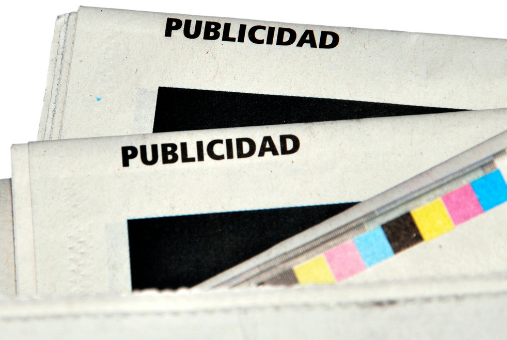
After statements from Peruvian President Pedro Castillo that he will not give state advertising money to media that misrepresent the facts, several press freedom organizations in the country highlighted that state contracting is the responsibility of the State, not the president. State contracting should not turn into political rewards or punishments.
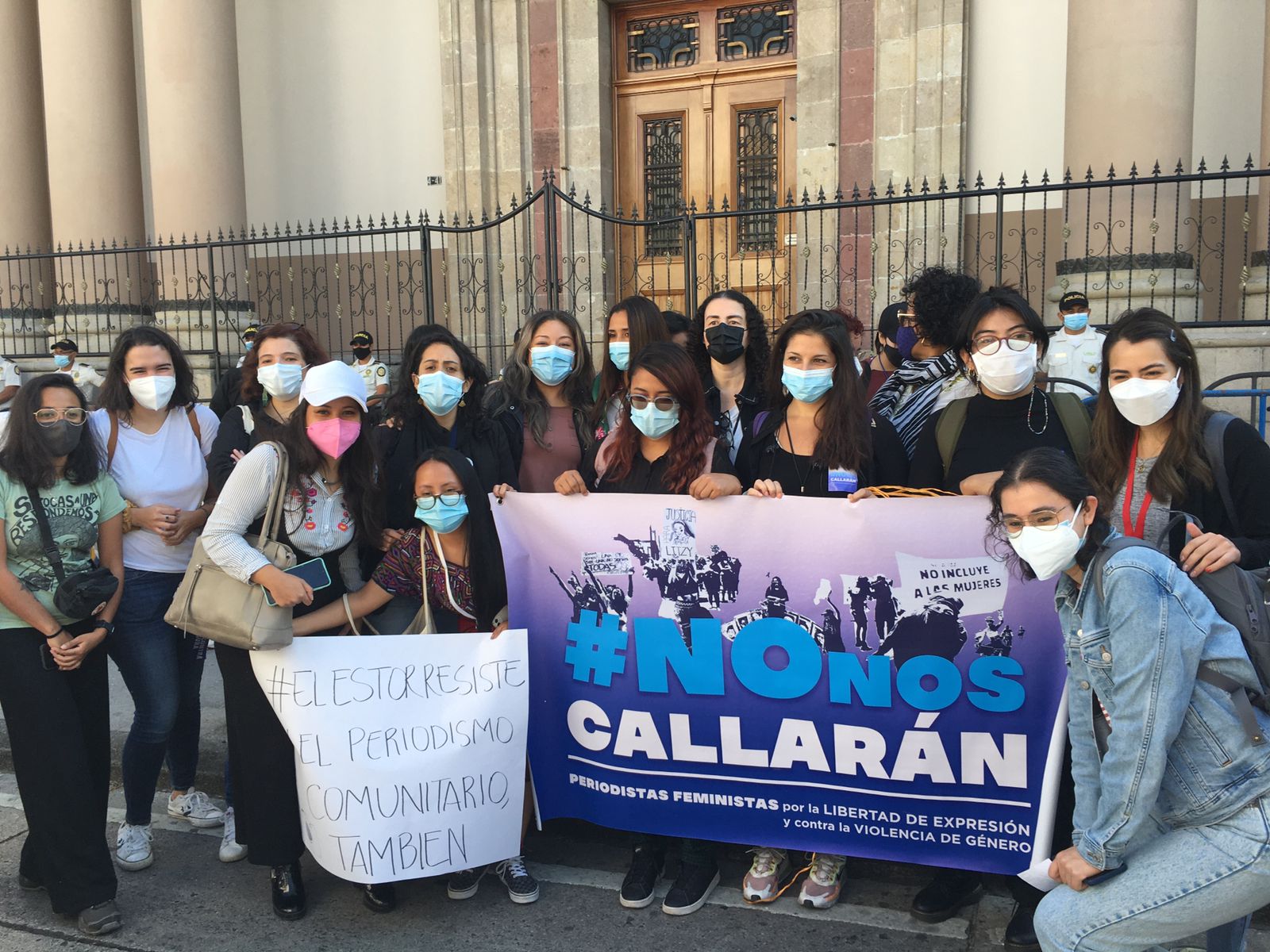
Given the recent increase in attacks and harassment of journalists in the Central American country, Prensa Contra la Censura intends to raise awareness among Guatemalans as to the importance of defending independent journalism.
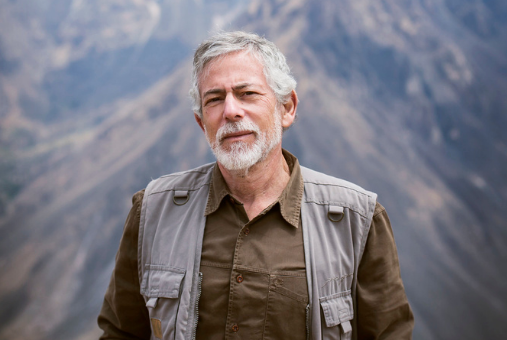
A Peruvian court has sentenced Alberto Fujimori's former presidential adviser, Vladimiro Montesinos, to 17 years in prison for the abduction of Peruvian journalist Gustavo Gorriti in April 1992. The journalist said that, although he believes the sentence to be fair, it ended up being a very long process.
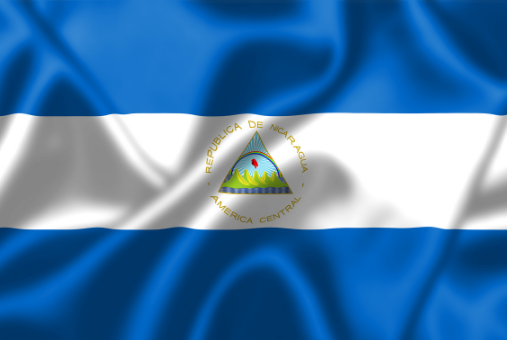
The online news portal Voces en Libertad was created to fight censorship imposed by Nicaraguan President Daniel Ortega. It allows for collaboration among independent news outlets, existing and emerging, so they can continue informing and telling Nicaragua’s stories.
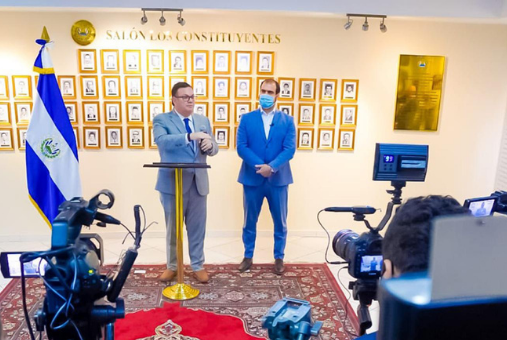
The Salvadoran Legislative Assembly is expected to approve the Foreign Agents Law that would impose a 40 percent tax on all financial transactions of the country’s social and journalistic organizations, mostly critical and independent, which receive funds from abroad.
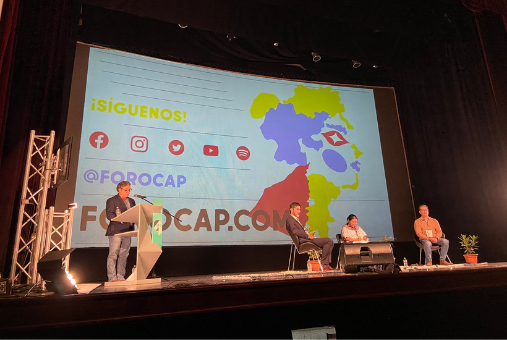
“I would like to see this forum as an opportunity to reflect on our situation, to start a conversation that leads us to face together, better organized and accompanied, the wave of orchestrated attacks on Central American journalism from each of our governments. Together, organized, we will better resist” said Carlos Dada at the Central American Journalism Forum.